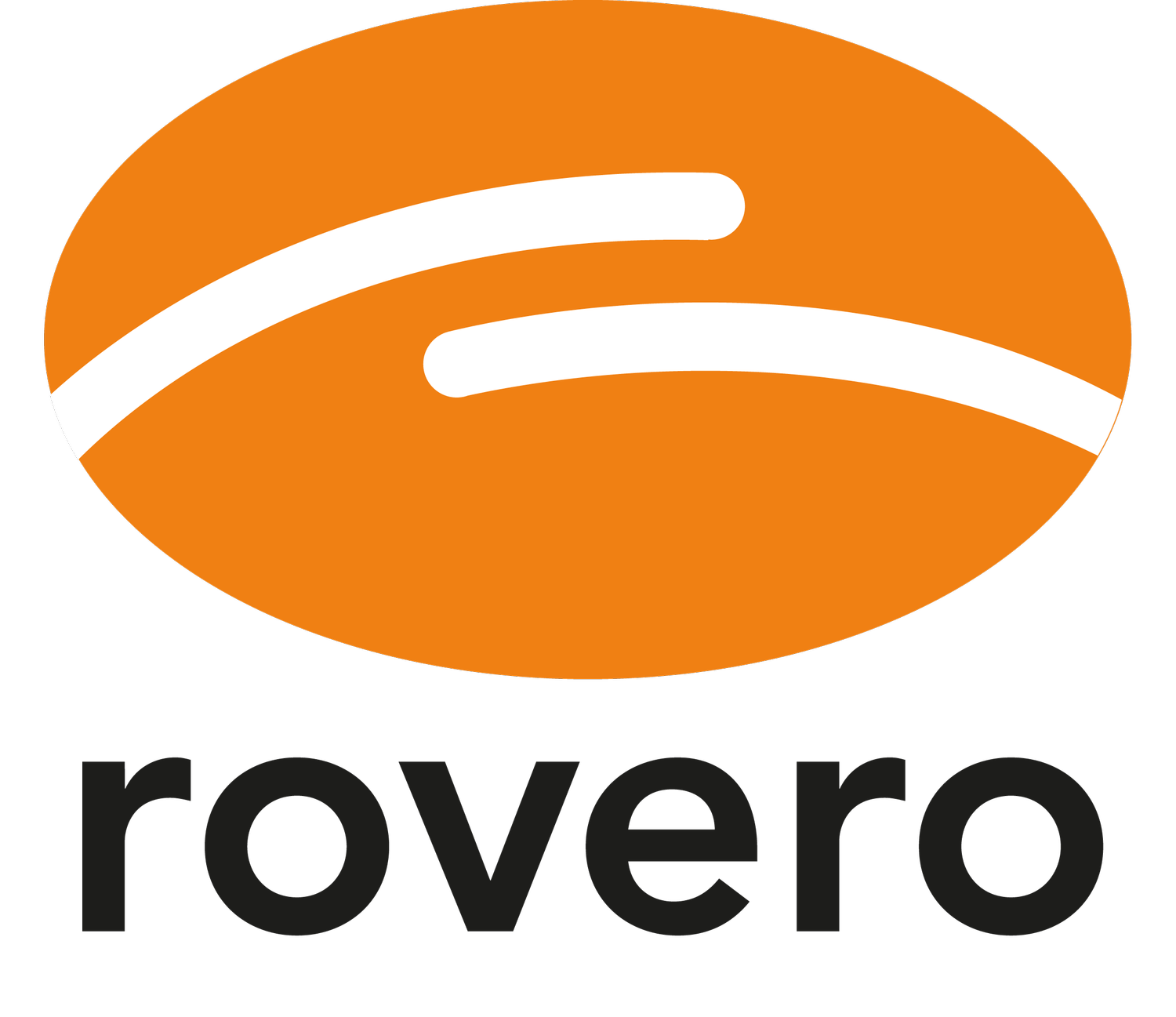Rovero Systems Establishes UAE Office As It Gears For MENA Growth
Key Takeaways
Rovero Systems, the Dutch greenhouse manufacturer, has opened a new office in the United Arab Emirates (UAE) to provide locally adapted greenhouse and shading solutions.
The company aims to support food security and greening initiatives across the Middle East, emphasizing systems designed for the region’s climatic and economic realities.
Polyfilm greenhouse technology is central to Rovero Systems’ strategy, offering cost-effective, water-efficient solutions suited to the region’s seven to eight cooler growing months.
The UAE office enables local service, research collaboration, and on-site technical support, including partnerships with institutions such as KAUST.
Rovero Systems promotes a data-driven, practical approach, focusing on measurable results in water productivity and yield stability.
Rovero Systems Establishes UAE Office Amid Growing Demand for Local Food Production
Rovero Systems, a Netherlands-based manufacturer specializing in polyfilm greenhouses and shading systems, has expanded its operations to the United Arab Emirates (UAE) as part of its effort to serve the Middle East’s rapidly evolving agriculture market.
As Gulf nations shift from import-heavy food systems toward local, technology-enabled production, Rovero Systems is introducing greenhouse solutions tailored to regional conditions—offering growers and municipalities structures that prioritize efficiency, affordability, and climate compatibility.
“This region has the sunlight and the will to grow more locally—it just needs systems that make economic and environmental sense for most of the year,” said Michael Morgan, Rovero Systems’ local representative for the Middle East.
Why Rovero Systems Chose the Middle East
Countries across the Gulf Cooperation Council (GCC) continue to depend heavily on food imports, yet national strategies increasingly emphasize food security, water conservation, and sustainable agriculture. With agriculture accounting for the majority of freshwater withdrawals, efficient water use has become a central concern.
Urban greening programs such as the Saudi Green Initiative have further expanded demand for nursery infrastructure capable of producing millions of acclimated plants annually. Rovero Systems sees this as a natural opportunity for its modular greenhouse and shading solutions, which can be adapted for both food and ornamental plant production.
“We’re seeing demand not just from food producers, but also from municipalities and landscaping projects,” Morgan said. “Nurseries that can supply hardy, well-conditioned plants are essential for these initiatives, and that’s where the right type of structure makes all the difference.”
Polyfilm Greenhouses: A Pragmatic Alternative for the Gulf’s Climate
Polyfilm based greenhouses form the core of Rovero Systems’ technology portfolio. Compared with high-spec glass facilities, polyfilm structures are lightweight, affordable, and quicker to install, making them especially suitable for regions with seasonal production windows.
By combining passive ventilation, light diffusion, and moisture-retaining designs, Rovero Systems helps growers reduce energy and water consumption, two of the largest operational costs in Gulf agriculture.
“Growers here don’t need the most complex greenhouse on the market—they need the one that pays back,” Morgan noted. “Our job is to design for the climate you actually have six or seven months a year and avoid unnecessary cooling and water use. That’s how you get faster ROI and resilient local production.”
Local Service and Research Collaboration Strengthen Regional Presence
With operations in over 60 countries, Rovero Systems brings decades of experience in protected cultivation to its new Middle East base. The UAE office allows the company to provide local technical support, spare parts availability, and rapid service response, strengthening its ties with growers, investors, and municipalities.
The company also plans to collaborate with local research institutions such as KAUST, which are active in desert agriculture and salinity management.
“Working with local partners helps us adapt our systems to real-world conditions, not assumptions,” Morgan said. “We want our greenhouses tested under the same sun and water constraints that growers face every day.”
A Data-Driven Approach to Sustainable Agriculture
Acknowledging the mixed outcomes of controlled-environment agriculture in the Middle East, Rovero Systems advocates for practical, evidence-based implementation. Several past projects in the region have overinvested in high-cost technologies unsuited to the climate, while others lacked agronomic expertise.
To avoid similar pitfalls, the company emphasizes field data collection and performance monitoring before scaling projects.
“We believe in showing, not telling,” Morgan said. “If we can document better water productivity and consistent yields during cooler months, growers will see for themselves that this model works.”
Outlook For Rovero Systems: Pragmatic Growth for Regional Food Security
As regional governments continue investing in food security and climate resilience, Rovero Systems’ polyfilm-based greenhouse solutions offer a scalable, cost-efficient alternative to energy-intensive facilities. The company’s approach aligns with both economic feasibility and environmental sustainability, addressing key constraints such as high energy costs and limited water availability.
“The goal isn’t to overengineer farming—it’s to make it work within the limits we have,” Morgan concluded. “If we do that well, we can help the region grow more of its own food sustainably.”


